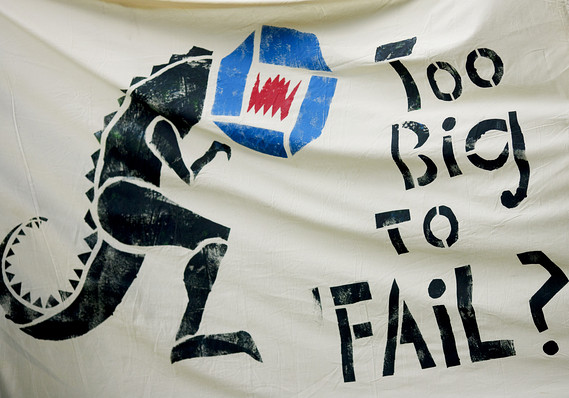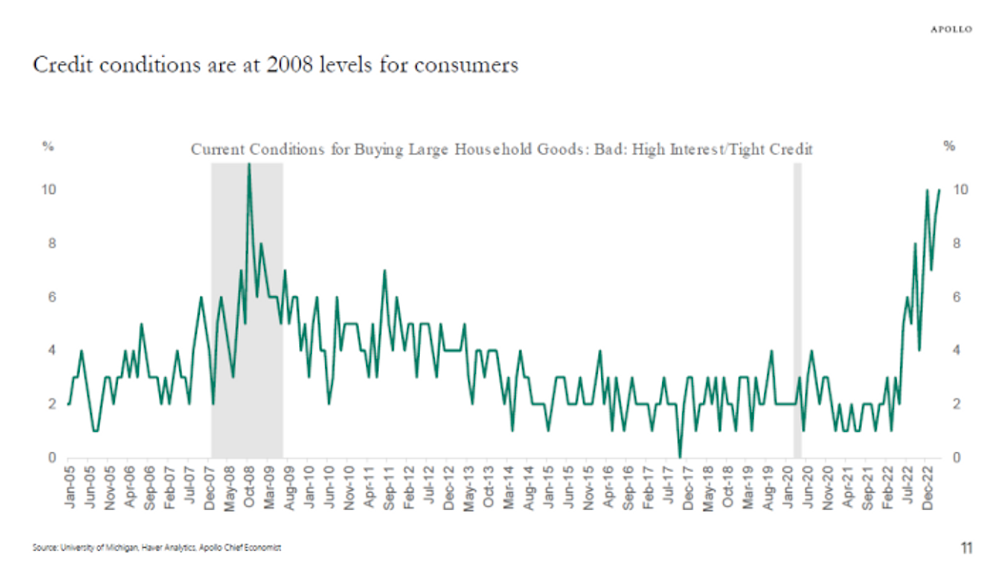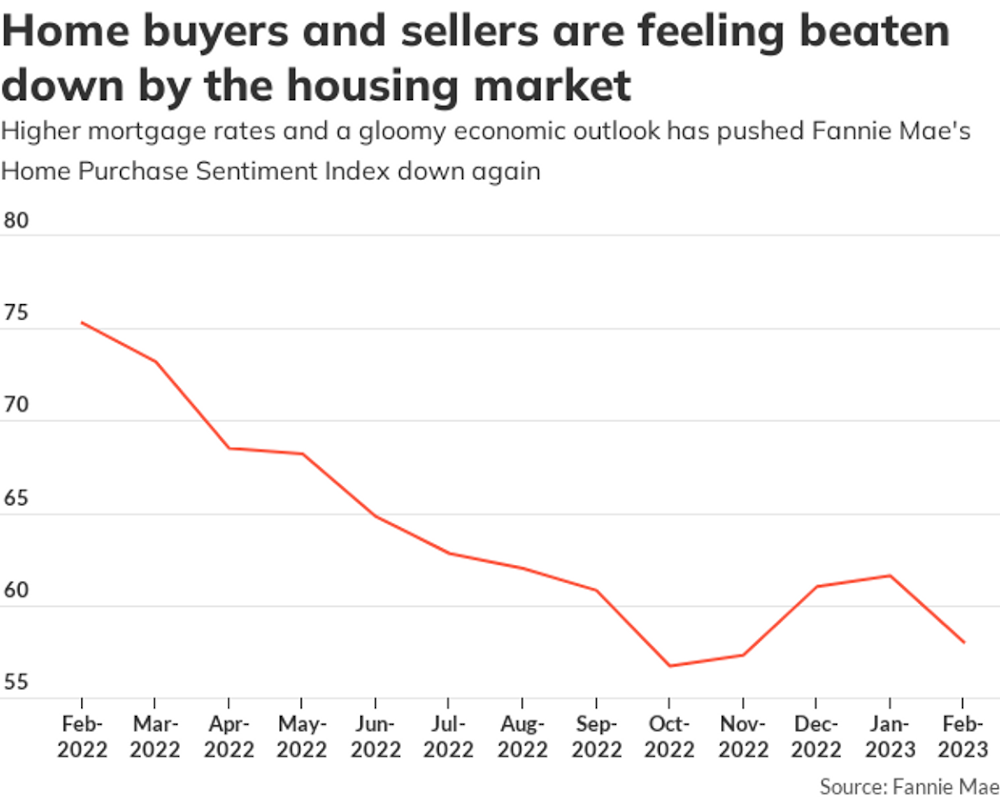
Wal-Mart Stores Inc.'s fiscal second-quarter earnings were flat on lower same-store sales, resulting in revenue falling short of expectations.
Still, shares were recently up 1.7% at $51.39 in premarket trading as President and Chief Executive Mike Duke said the company's earnings exceeded its expectations and it had strong inventory performance "in a sales environment more difficult than we expected."
He added Wal-Mart is speeding up its focus on cutting expenses.
The company has been faring better than most nondiscount retailers, benefiting from its low prices as shoppers look for bargains. In contrast, sales at department stores and specialty retailers have been lagging, in part because of their bigger exposure to discretionary merchandise.
Wal-Mart stopped reporting monthly sales data in May, leaving analysts and market-watchers with a less clear picture of how it's doing.
Chief Financial Officer Tom Schoewe called the quarter's performance good despite "headwinds from price deflation, the effects of the recession and currency exchange rates." Analysts had said they expected the results to show slowing food costs pressuring the company.
For the period ended July 31, Wal-Mart posted income of $3.44 billion, or 88 cents a share, down from $3.45 billion, or 87 cents a share, a year earlier. There were 1.5% fewer shares outstanding in the most recent period. In May, the company said it expected earnings of 83 cents to 88 cents.
Net sales decreased 1.4% to $100.08 billion. Excluding the impact of foreign-currency exchange, sales would have increased 2.7%. Analysts polled by Thomson Reuters expected $103.08 billion.
Excluding fuel sales, U.S. same-store sales fell 1.2%, with a 1.5% decline at namesake stores and an 0.6% gain at its Sam's Club warehouse chain.
International sales fell 5.1% as profit declined 6.2%. Meanwhile, earnings at Wal-Mart's U.S. stores rose 5% while Sam's Club profit fell by the same amount.
Looking forward, the company said it expects fiscal third-quarter earnings of 78 cents to 82 cents. Analysts were projecting 80 cents. Wal-Mart also sees same-store sales flat to up 2%.
Meanwhile, the company raised the low end of its fiscal-year earnings outlook by a nickel.
The company in June announced a $15 billion share-repurchase plan, replacing a similar program announced two years ago that had $3.4 billion left under it. It had suspended buybacks in December because of instability in the credit markets and the economic crisis. Wal-Mart, which has a market value of about $200 billion, has bought back some $21 billion worth of its shares in the past five years.
Kohl's Earnings Fall 3%, Raises View
Kohl's Corp.'s fiscal second-quarter earnings fell 3% on weaker sales, though the department-store chain was able to boost margins.
The retailer also raised its profit target for the year to $2.59 to $2.70 from May's boosted view of $2.19 to $2.42. But it projected earnings for the current quarter below analysts' expectations.
Kohl's expects fiscal third-quarter earnings of 40 cents to 44 cents on flat sales, plus or minus 1%, and same-store sales down 3% to 5%. Analysts polled by Thomson Reuters were looking for earnings of 47 cents and total sales up 1% to $3.85 billion.
President and Chief Executive Kevin Mansell said in May the difficult economy was helping the company gain market share from competitors, but warned the effects of the recession could still be felt. He reiterated Thursday that results indicated market-share gains and said the company continues to improve inventory management and margins.
For the period ended Aug. 1, Kohl's posted income of $229 million, or 75 cents a share, down from $236 million, or 77 cents, a year earlier.
Kohl's said net sales increased 2.2% to $3.81 billion as same-store sales fell 2.3%. Gross margin rose to 40% from 39.6%.
Still, shares were recently up 1.7% at $51.39 in premarket trading as President and Chief Executive Mike Duke said the company's earnings exceeded its expectations and it had strong inventory performance "in a sales environment more difficult than we expected."
He added Wal-Mart is speeding up its focus on cutting expenses.
The company has been faring better than most nondiscount retailers, benefiting from its low prices as shoppers look for bargains. In contrast, sales at department stores and specialty retailers have been lagging, in part because of their bigger exposure to discretionary merchandise.
Wal-Mart stopped reporting monthly sales data in May, leaving analysts and market-watchers with a less clear picture of how it's doing.
Chief Financial Officer Tom Schoewe called the quarter's performance good despite "headwinds from price deflation, the effects of the recession and currency exchange rates." Analysts had said they expected the results to show slowing food costs pressuring the company.
For the period ended July 31, Wal-Mart posted income of $3.44 billion, or 88 cents a share, down from $3.45 billion, or 87 cents a share, a year earlier. There were 1.5% fewer shares outstanding in the most recent period. In May, the company said it expected earnings of 83 cents to 88 cents.
Net sales decreased 1.4% to $100.08 billion. Excluding the impact of foreign-currency exchange, sales would have increased 2.7%. Analysts polled by Thomson Reuters expected $103.08 billion.
Excluding fuel sales, U.S. same-store sales fell 1.2%, with a 1.5% decline at namesake stores and an 0.6% gain at its Sam's Club warehouse chain.
International sales fell 5.1% as profit declined 6.2%. Meanwhile, earnings at Wal-Mart's U.S. stores rose 5% while Sam's Club profit fell by the same amount.
Looking forward, the company said it expects fiscal third-quarter earnings of 78 cents to 82 cents. Analysts were projecting 80 cents. Wal-Mart also sees same-store sales flat to up 2%.
Meanwhile, the company raised the low end of its fiscal-year earnings outlook by a nickel.
The company in June announced a $15 billion share-repurchase plan, replacing a similar program announced two years ago that had $3.4 billion left under it. It had suspended buybacks in December because of instability in the credit markets and the economic crisis. Wal-Mart, which has a market value of about $200 billion, has bought back some $21 billion worth of its shares in the past five years.
Kohl's Earnings Fall 3%, Raises View
Kohl's Corp.'s fiscal second-quarter earnings fell 3% on weaker sales, though the department-store chain was able to boost margins.
The retailer also raised its profit target for the year to $2.59 to $2.70 from May's boosted view of $2.19 to $2.42. But it projected earnings for the current quarter below analysts' expectations.
Kohl's expects fiscal third-quarter earnings of 40 cents to 44 cents on flat sales, plus or minus 1%, and same-store sales down 3% to 5%. Analysts polled by Thomson Reuters were looking for earnings of 47 cents and total sales up 1% to $3.85 billion.
President and Chief Executive Kevin Mansell said in May the difficult economy was helping the company gain market share from competitors, but warned the effects of the recession could still be felt. He reiterated Thursday that results indicated market-share gains and said the company continues to improve inventory management and margins.
For the period ended Aug. 1, Kohl's posted income of $229 million, or 75 cents a share, down from $236 million, or 77 cents, a year earlier.
Kohl's said net sales increased 2.2% to $3.81 billion as same-store sales fell 2.3%. Gross margin rose to 40% from 39.6%.




















No hay comentarios:
Publicar un comentario